I used to be a total skeptic when it came to intuition. Having grown up in Texas in an evangelical community, then going through western medicine training, I would say that my “gut feeling,” if I had one, was to steer clear of any such practices.
The Other Kind of Knowing
The Swiss psychiatrist Carl Jung defined intuition as a method of perception drawn from inner or imaginative experiences; this was in contrast with sensing, where information was drawn from the external world. Scientists at the Institute of HeartMath define intuition as “a process by which information normally outside the range of cognitive processes is sensed and perceived in the body and mind as certainty of knowledge or feeling (positive or negative) about the totality of a thing distant or yet to happen.” In other words, an experiential form of knowing. This is the broader definition I will use for the purposes of this blog. Intuition, then, might come as a “gut feeling,” a strong hunch, or a sudden image, sound, or bodily reaction (tingling, goosebumps, or coughing fits). Intuition might also come as a dream. Those with extraordinary intuitive abilities are often called “psychic.” To skeptics, they may be deemed nothing except mad.
What Changed for Me
Five years ago, a very levelheaded friend introduced me to Martine Bloquiaux, a medical intuitive who grew up in a Belgian family of doctors. As a child, Martine could read people’s bodies; it wasn’t until young adulthood that she realized other people didn’t see what she saw, and what she was seeing were disease states. Thinking I was setting Martine up to fail, I asked her to tell me what was happening with me (My personal health challenges were utterly complex, beyond what most doctors could decipher, including myself). She did, organ by organ, system by system. She even told me things I couldn’t articulate but had experienced for a long time.
My perception of what was possible changed. But not without a fight from my dominant thinking mind…
Intuition in Clinical Practice
In my medical training, intuition was never discussed. Evidence-based medicine had long been the standard, and anything beyond empirical data was deemed undependable. Invalid. Historically, however, notable scientific discoveries had come by way of intuition, many in the form of dreams. Like Mendeleev, the Russian chemist who invented the periodic table of elements. And Kekulé, a German organic chemist, who discovered that benzene was a ring structure, not a chain. Einstein famously said that intuition is a sacred gift, whereas the rational mind is a faithful servant. Our culture honors the servant and neglects the gift.
From where does intuition arise? It has long been accepted that the left brain processes linear,concrete, and analytical thoughts; whereas the right brain processes emotions, senses, and images. Recent studies from HearthMath, however, suggest that the heart is also involved in receiving and processing intuitive information, and may in fact receive sensory information before the brain does. Their research also finds that women are more attuned to intuition than their male counterparts. In future research, will we discover that the gut and other organs know before the brain, too?
What intuition is not:
- Sheer guesswork
- Wishful, biased, or fearful thinking—as much as possible, emotions are taken out of the equation
- Instinctual behavior— these are reflexive actions wired into us as survival skills
Studies in the scientific literature generally advise doctors against trusting their intuition (defined loosely as “early impressions”). While robust research on this subject is generally lacking for doctors, the fields of psychology and nursing have been exploring it for some forty or fifty years. Intuitive decision making can lead to better performance than analytic deliberation alone, especially in complex situations. This makes sense, given that there’s an element of uncertainty in any given situation. One study of nurses found that intuition is a naturally integrated into decision-making, and that intuition was useful in “guiding attention to relevant cues,” and thereby increasing accuracy rates. Another study reported that nurses were forced to keep their intuition secret, but that they still used it with patients. Noting this, the authors argued that intuition is an essential part of the practice of nursing.
If the advantage of having two eyes on our face is to increase the breadth and depth by which we see, why wouldn’t we use two minds to see into health matters?
How I Use Intuition
Over the last five years, Martine taught me to develop my own intuition, to help guide my personal well-being and also my clinical judgment. I learned this was like any other craft or art. Some are born with natural gifts and abilities, but we can all cultivate it if we practice. Dr. Judith Orloff, a psychiatrist and intuitive and best-selling author, says the same thing: “Anyone can learn this.”
Last year, after years of practice, I tried my intuition out in a low-risk, high potential gain situation. My mother called because her primary care doctor had run some health maintenance labs. My mother’s hs- CRP, a marker of inflammation in the blood vessels that increases the risk for heart attacks and strokes, was extremely elevated. The other labs were fine. The primary care doctor recommended cholesterol-lowering drugs, even though her cholesterol wasn’t elevated, and a recheck of labs in a few months.
Not knowing what else to do, I might have recommended the same thing. Or, I might have ordered a slew of other labs in search of a source of infection or inflammation. But this time, I sat in silence and closed my eyes. What emerged was an image of my mother’s teeth. “When was your last dentist appointment?” I asked. She confessed she had two teeth her dentist wanted to pull, but she had been reluctant. I suggested she get them taken care of as soon as possible,then follow up with another hs-CRPtest. A couple of months later, her inflammatory marker was undetectable.
When I share this story and others with my fellow doctors, many of them feel safe to share their stories. One family doctor said he went with his clinical suspicion despite the normal screening tests and admitted his patient into the hospital; later, it turned out the patient had a true heart event. Another doctor, a hospitalist, said she moved a patient who was supposed to be discharged, instead, into a higher level of care in the hospital, which later proved to be life-saving. A few doctors reported seeing a shift in auras when their patients healed. I felt like a priest listening to private confessions.
Intuition won’t be accurate 100% of the time. Neither will analytical thinking. But if the advantage of having two eyes on our face is to increase the breadth and depth by which we see, why wouldn’t we use two minds to see into health matters?
In the end, intuition is nothing more than connecting to What Is. It’s a mindset and a practice in and of itself, not necessarily for the gain of x or y. The gain of x or y is merely a beneficial side-effect of the practice. So I encourage all my patients to start on their journeys, too.
How to Develop Your Intuition
- Find a quiet space to meditate. Daily, if possible. Learning to quiet your thinking mind is the most challenging part of this process. InsightTimer is a free app for your phone that has thousands of guided or music meditations.
- Carry a small notebook. Pay attention to sensory experiences—what you see, touch, smell, and hear. Note any special experiences in your notebook.
- Pay attention to your dreams. Record these in your notebook, too. Note patterns, repetitions, symbols, and archetypes, not just the events of the dream. Before sleep, hold a question in your mind and invite your subconscious for revelation through dreams.
- Ask yes/no questions and tune into your body’s signals. You may get twinges or goosebumps or another sensation. Over time, you can learn to decipher between reactions to your environment, symptoms of illness, and intuitive signals. The latter tend to be fleeting, whereas symptoms of illness to tend to last (as most of you well know).
- Use hindsight. This is why carrying a notebook is so important. Jot down sensations, events, and images as they happen in real time, but use hindsight to discern between intuitions and random thoughts and events.
- Be patient. Developing intuition is like learning a new language. It takes time and regular practice.
- Have fun with this other side of you!

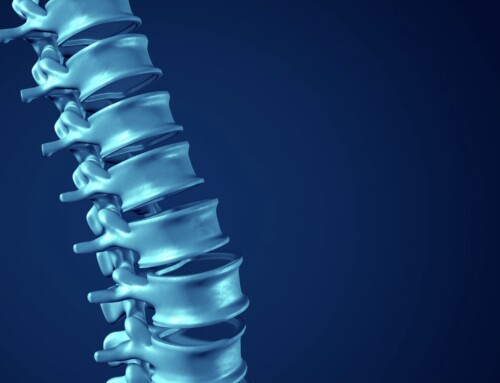
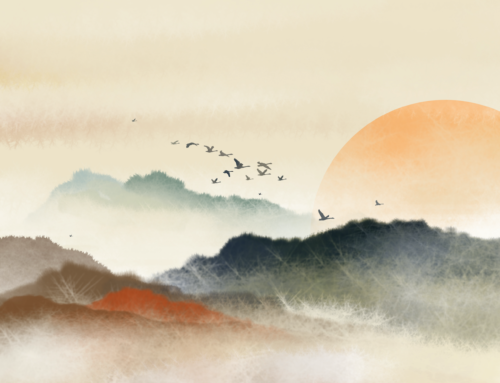
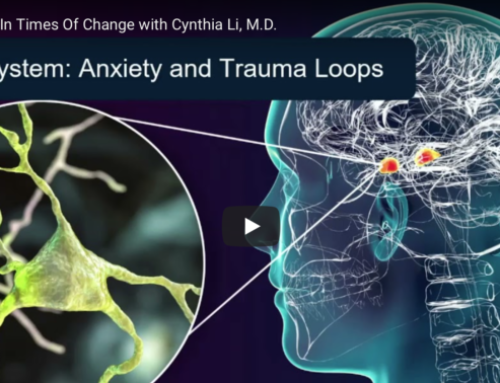
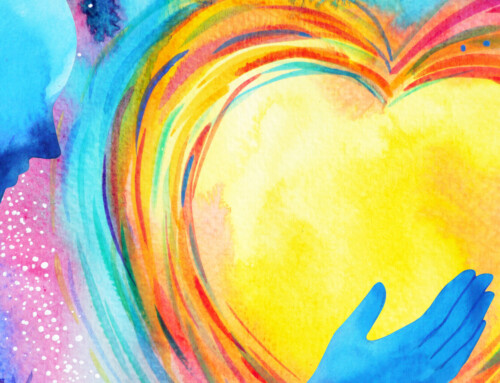
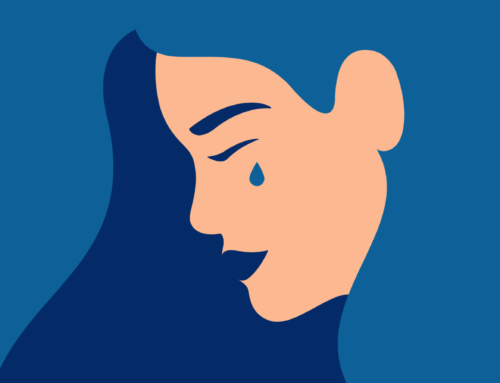
Very cool! More of this.